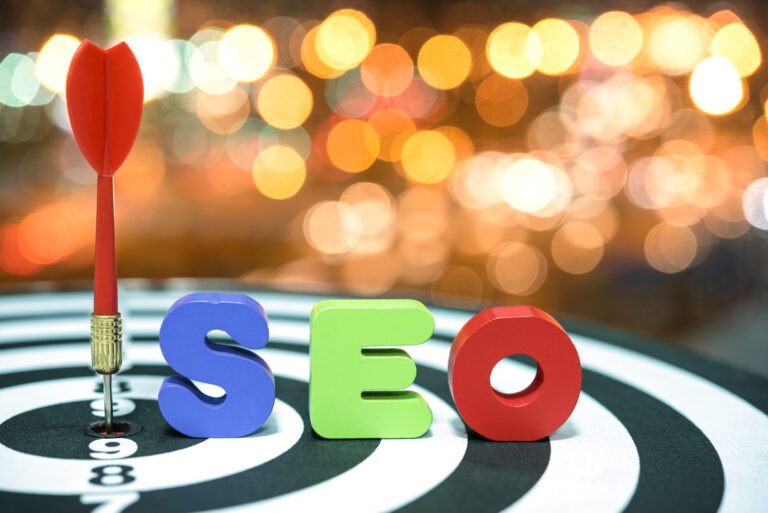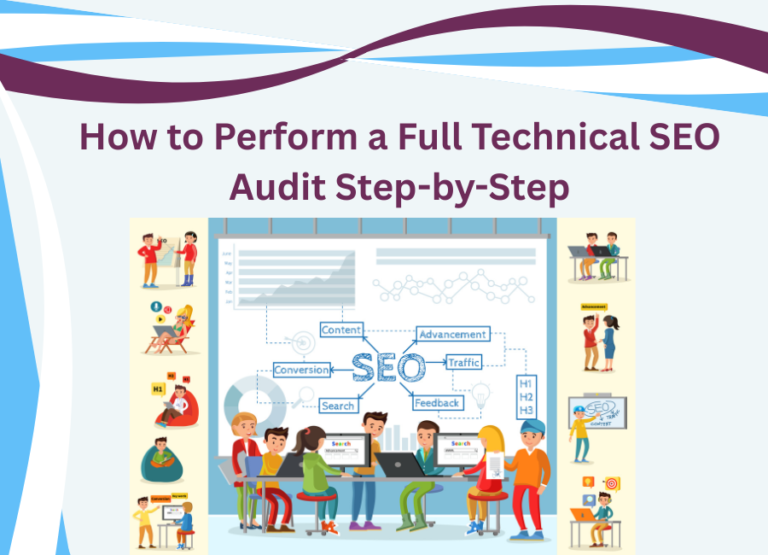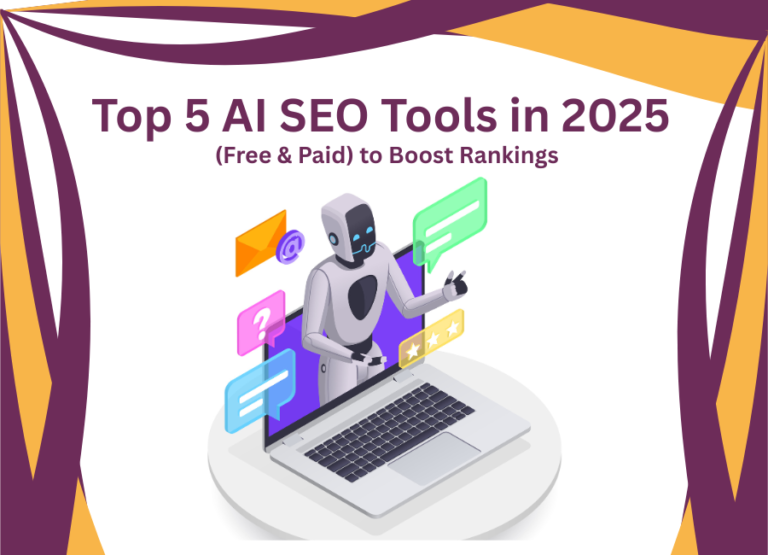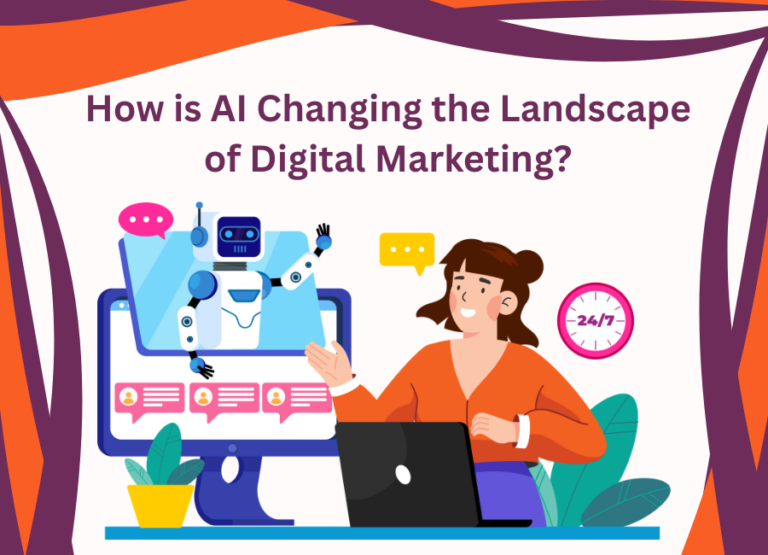How AI Helps in Digital Marketing
With its widespread adoption, AI now touches nearly every aspect of digital marketing. Here’s a quick look at its core applications:
1. AI in Content Creation
AI tools like ChatGPT and DeepSeek AI use natural language processing to generate high-quality, readable content at scale. These tools can:
Draft blogs, ad copy, or social posts in seconds.
Optimize for tone, grammar, and relevance.
Adapt content based on user behavior or industry trends.
This not only saves time but improves content performance and conversions.
2. AI in SEO Optimization
AI-powered SEO tools assist with:
Keyword research based on real-time search trends.
Automated meta tags, titles, and internal linking.
Competitor analysis and predictive traffic insights.
This helps marketers focus on strategy while AI handles the heavy lifting of on-page and technical SEO.
3. AI in Social Media Marketing
AI enhances social media campaigns by:
Identifying trending topics and audience sentiment.
Recommending the best posting times.
Scheduling and analyzing posts across platforms.
Tools like Hootsuite and Buffer use AI to ensure brands remain relevant and consistent in their messaging.
4. AI in Paid Advertising
AI is revolutionizing paid media by:
Automating bidding strategies (like Target CPA or ROAS).
Predicting user behavior for smarter targeting.
Delivering dynamic creatives personalized for each user.
Platforms like Google Ads and Meta Ads use machine learning to boost ROI and reduce ad spend wastage.
5. AI in Email Marketing
AI makes email campaigns more effective through:
Personalized subject lines and dynamic content.
Audience segmentation based on behavior and demographics.
Optimized send times to improve open and click-through rates.
The result? Better engagement and higher conversions.
Benefits of AI in Digital Marketing
Efficiency & Automation: Handles repetitive tasks, freeing up time for strategy and creativity.
Hyper-Personalization: AI analyzes user behavior to tailor content and recommendations.
Data-Driven Decisions: Processes large datasets to uncover trends and actionable insights.
Stronger Customer Engagement: AI chatbots and virtual assistants enhance user experiences with instant responses and helpful guidance.
Challenges & Ethical Considerations
Lack of Human Touch: AI can’t fully replicate human emotion or storytelling. Human review is still essential.
Privacy Concerns: AI collects sensitive data, making robust data protection practices critical.
Over-Reliance: Too much dependence on AI may stifle creativity and original thinking. It should enhance—not replace—human input.
The Future of AI in Digital Marketing
AI is here to stay, and its evolution will only accelerate. Agencies like a leading SEO company in Mumbai are already using AI for smarter audience targeting, predictive analytics, and immersive content creation. While AI boosts performance and efficiency, it’s clear that human marketers are irreplaceable for authenticity and creativity.
The key to success? Integrating AI wisely—combining data-driven technology with human insight to elevate digital marketing strategies.
Benefits of AI in Digital Marketing
Here are the standout advantages of using AI:
Efficiency & Automation: Handles repetitive tasks to free up creative time.
Hyper-Personalization: Customizes experiences, offers, and content at scale.
Smarter Decision-Making: Transforms raw data into actionable strategies.
24/7 Customer Engagement: AI-powered chatbots provide instant support.
Challenges & Ethical Considerations
While AI has clear benefits, it also presents some challenges:
Loss of Human Touch: AI lacks empathy. Human input is essential to maintain emotional connection.
Data Privacy & Compliance: Using AI responsibly requires adherence to data protection laws like GDPR.
Over-Reliance on Automation: Too much automation can lead to generic, impersonal content.
Bias & Fairness: AI systems can inherit bias from training data—affecting targeting and messaging.
Maintaining a balance between automation and authenticity is key to responsible AI use in marketing.
The Future of AI in Digital Marketing
AI will soon be integral to every aspect of digital marketing. Here’s what the future holds:
Hyper-Personalization at Scale: AI will deliver content tailored to each user’s preferences in real time.
Predictive Marketing: Marketers will use AI to anticipate customer behavior and trends.
Voice & Visual Search Optimization: With the rise of smart devices and image search, AI will drive search engine evolution.
Content Generation & Curation: AI will assist with both creating and organizing content for specific user segments.
Smarter Campaign Analytics: Real-time dashboards powered by AI will offer deeper insights than ever before
Conclusion
AI is not just a trend—it’s a fundamental shift in how digital marketing works. By using AI strategically, brands can:
Improve ROI
Delight customers with personalized experiences
Make faster, data-informed decisions
Whether you’re a startup or an established brand, adopting AI can give you a competitive edge. And if you’re looking to implement AI-driven strategies in your marketing mix, partner with an SEO company in Mumbai that understands the future of digital transformation.










